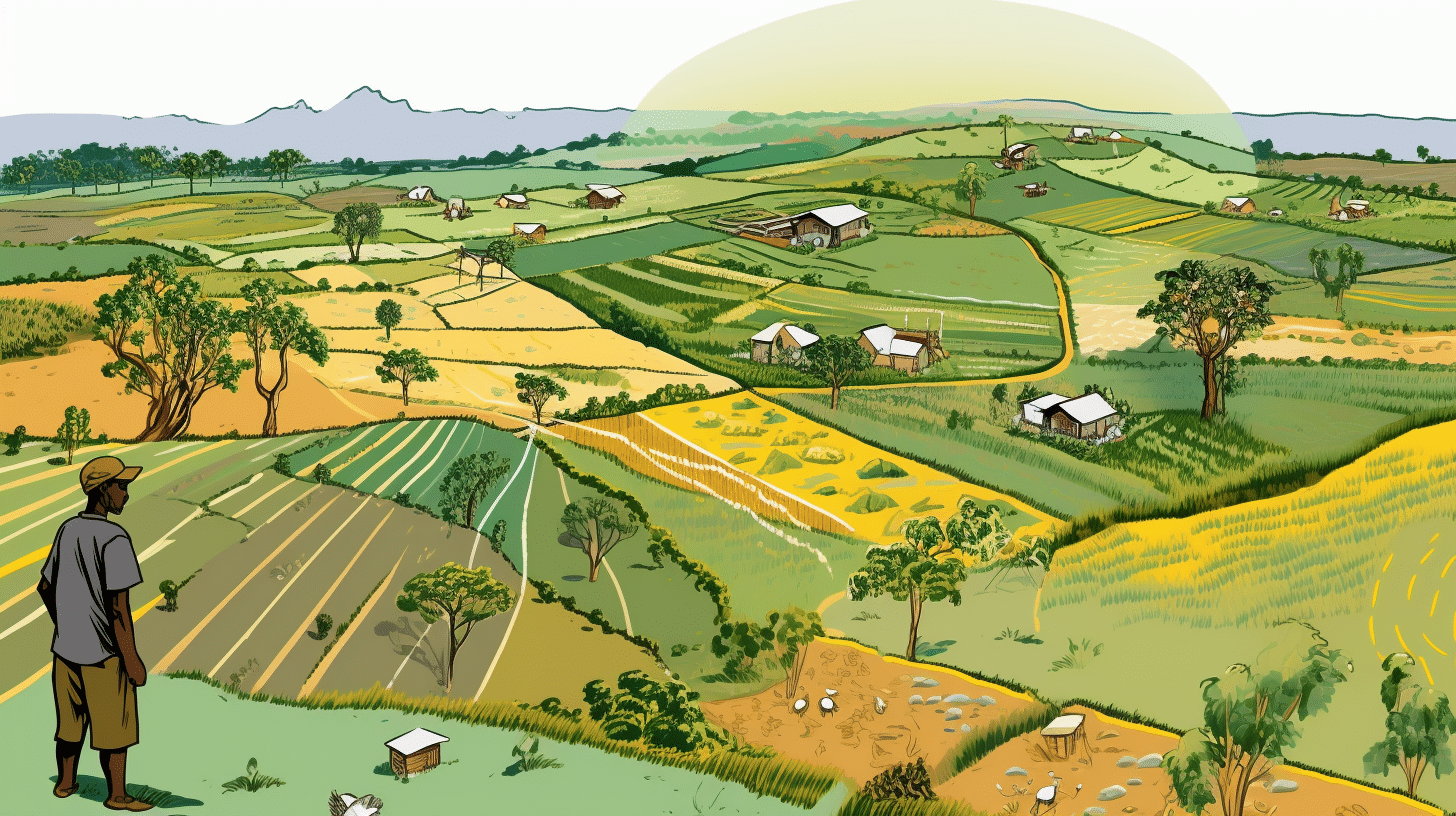Land tenure is the relationship of people or groups interacting in a society with respect to land. It is an aspect that has varied definitions but is important in ensuring that the relationship of people with concern to land is improved for their benefit.
Studies on land tenure are important in helping demystify gender issues concerning the ownership of land by mostly the women in Kenya. Girls nowadays are allowed to own land. This was not the case however in the recent past where only men had the right to own land.
Awareness on the various forms of land ownership is also created to the individuals. Land in Kenya can be owned in 3 different ways; private ownership where land is owned by a person o a single family, communal land is owned by people of a common origin. This information about land helps people use the land conservatively
The study of land tenure in Kenya is also crucial for ensuring that instances of starvation are solved by promoting food security. Privately owned land allows owners acquire knowledge and build capacity in to adapt as well as implement new production methods which in turn contribute to a food secure society. The use of land appropriately allows for enough utilization of resources within any given community and therefore. Through understanding the various farming techniques, members of a community are able to provide sufficient food to ensure that poverty is dealt with.
The study of land tenure is also crucial to help prevent clashes between communities and within the same community too. This is achieved by enlightening the members to understand the rights that they each have over land. This is can be achieved within the framework of the community such as the family, the clan and community at a large. It is therefore important to create understanding of land rights so as to promote peace.
The study helps promote rural development. The development is done in a sustainable way so as to be able to maintain the current pressure but still ensure that the ability for the future generation to sustain itself are also considered. Land tenure thereby promotes sustainable development in rural areas.
Land tenure is crucial in also maintaining the conservation of wildlife and the forests. By ensuring that the land is fenced from destruction by members of the community, by limiting the access to the forests, the wildlife and forests are conserved.



0 comments